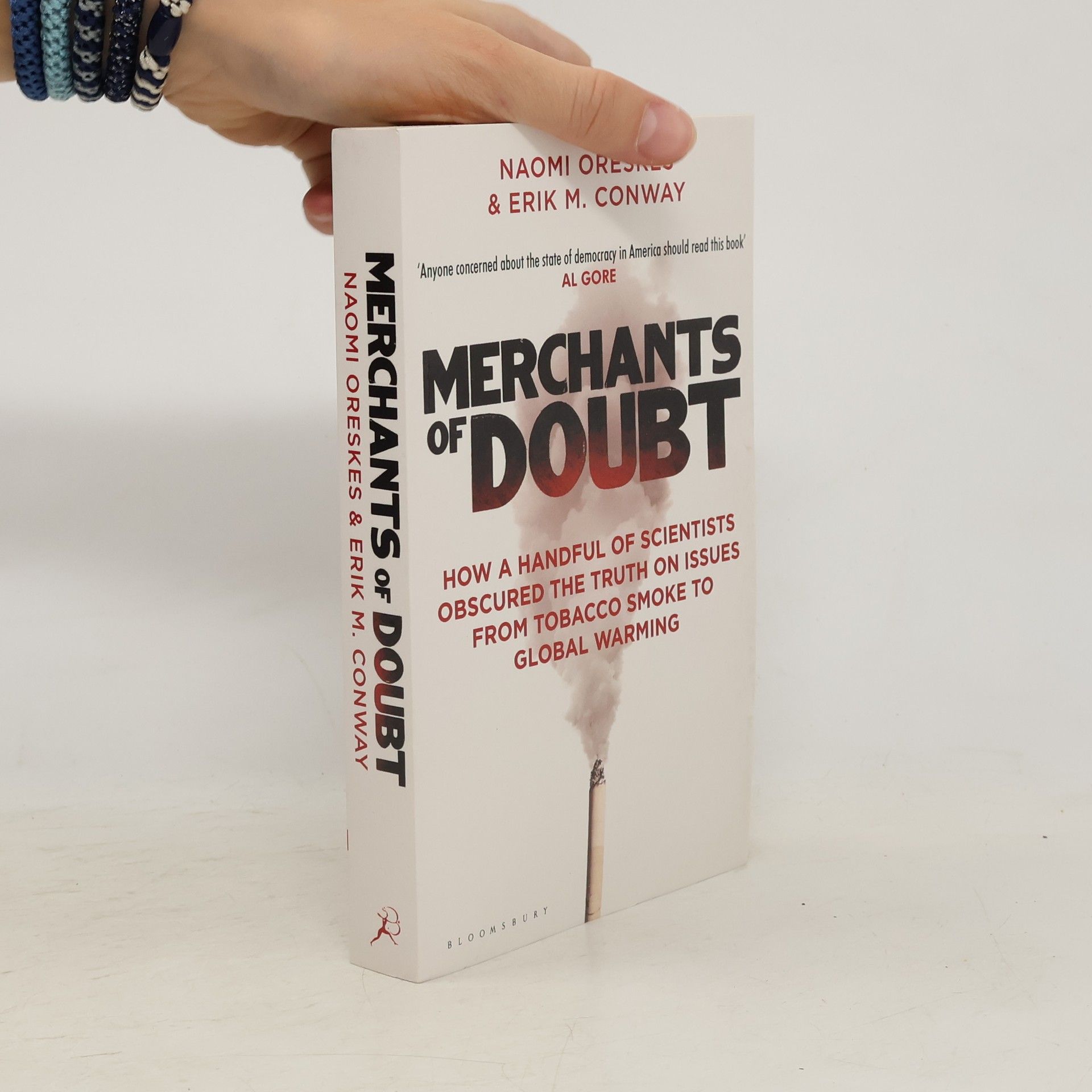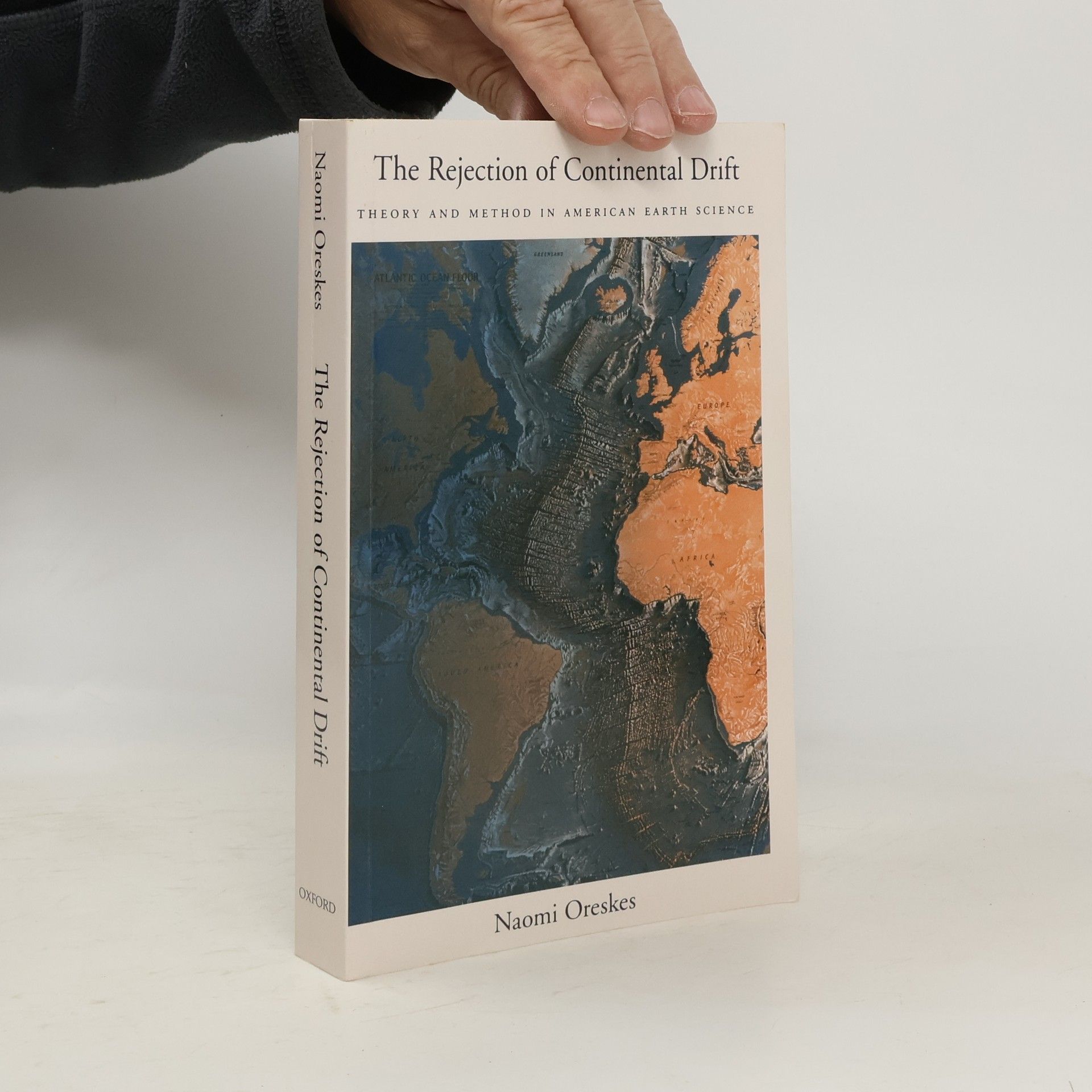Mercaderes de la duda
Cómo un puñado de científicos ocultaron la verdad sobre el calentamiento global
- 472 páginas
- 17 horas de lectura
Naomi Oreskes y Erik M. Conway cuentan la historia de cómo un grupo de científicos y asesores científicos de alto nivel, con profundas conexiones en el mundo de la política y de la industria, realizaron campañas efectivas para engañar al público y negar verdades científicas comprobadas a lo largo de cuatro décadas. Sorprendentemente, los mismos nombres aparecen repetidamente: son las mismas personas las que afirman que la ciencia del calentamiento global «no está resuelta», niegan la verdad de los estudios que relacionan el hábito de fumar con el cáncer de pulmón, el humo de carbón con la lluvia ácida, y los gases clorofluorocarbonos (CFC) con el agujero de la capa de ozono. «La duda es nuestro producto», escribía hace tiempo un famoso ejecutivo del tabaco. Y son estos «expertos» quienes las han suministrado incansablemente. Los autores de "Mercaderes de la duda" sacan a la luz este oscuro rincón de la comunidad científica estadounidense, para mostrarnos de manera irrefutable cómo la ideología y los intereses corporativos, ayudados por unos medios de comunicación demasiado obedientes, han sesgado sistemáticamente la comprensión pública de algunos de los problemas más acuciantes de nuestra era.





